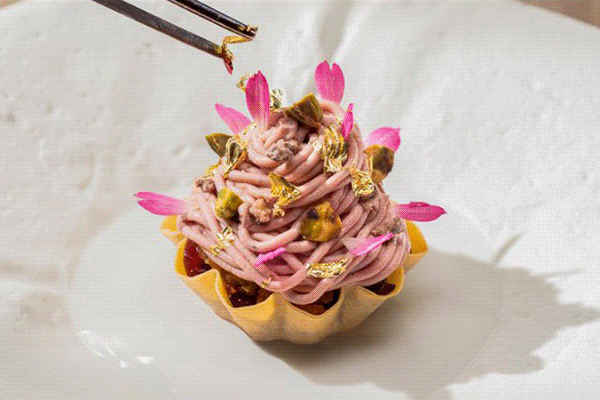Lab-grown meat pioneer Vow secures Australian approval, eyes dining debut with quail

Australian food-tech company Vow has become the first in the country to gain regulatory approval for the sale of cultivated meat.
Founded in 2019 by George Peppou, Vow will introduce its first product—“cell-cultured Japanese quail”—to high-end restaurant menus in Sydney and Melbourne. The approval from Food Standards Australia New Zealand (FSANZ) follows a lengthy and bespoke regulatory process designed to accommodate the emerging food category.
Peppou, a former biochemist and self-described meat lover, said traditional plant-based substitutes failed to win over consumers. “What possible occasion am I going to say I want to eat a burger, but a burger which is slightly worse than a beef burger?” he said. “To change the behaviour of people that like eating meat, you need to make something which is different and better in some way.”
Instead of competing on supermarket shelves, Vow’s strategy centres on fine dining. Cultivated quail products such as “Forged parfait” and “Forged gras” will appear at venues including NEL, Olio, The Waratah and Bottarga.
“Chefs are the artists of the food world. They’re the ones that ultimately drive food culture,” Peppou said. Forged products have already been featured in tortellini by Singapore’s Bar Somma and will soon be served at Kitchen by Mike and From Here By Mike in Melbourne.
Cultivated meat is produced using a biopsy from an animal—in this case, a quail—which is grown in fermentation tanks mimicking the bird’s body conditions. Nutrients and oxygen are added to enable cell growth, with meat harvested every few days over a month-long cycle.
Peppou said the experience of plant-based products falling short in the retail space shaped Vow’s consumer-first approach. “They brought it home, they cooked it badly and they were like, ‘this shit product tastes like a hockey puck’.”
Vow collaborated closely with FSANZ to shape a regulatory pathway for cultured meat. The body has also updated its definitions of genetically modified food to reflect advances in food technology. “Our safety assessment confirms that many modifications achieved through new breeding techniques are equivalent to those from conventional breeding,” said FSANZ chief Dr Sandra Cuthbert.
Final approval from the NSW Food Authority is pending, after which Vow can start local sales. Having recently undergone staff cuts, Peppou is already targeting new markets including the United Kingdom and Middle East, with additional meat species and formats in development.
“We’re trying to change food culture,” he said.
Jonathan Jackson, 19th June 2025







